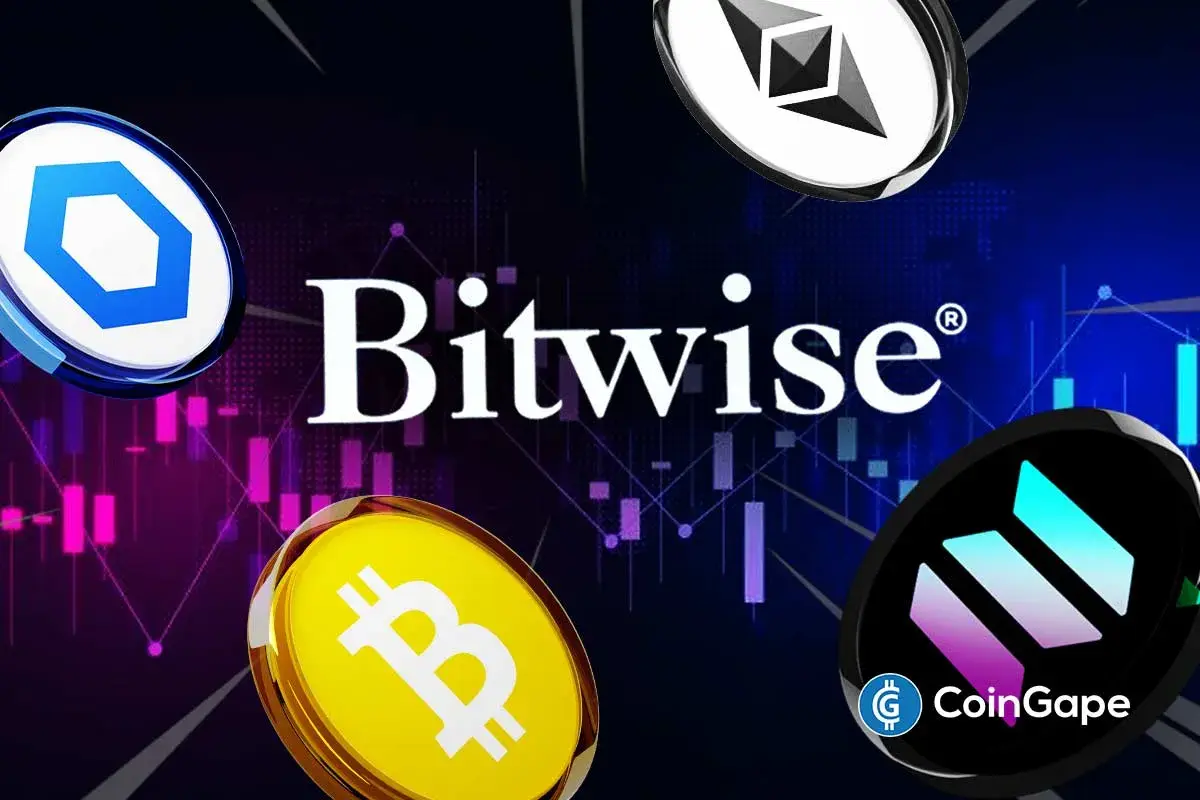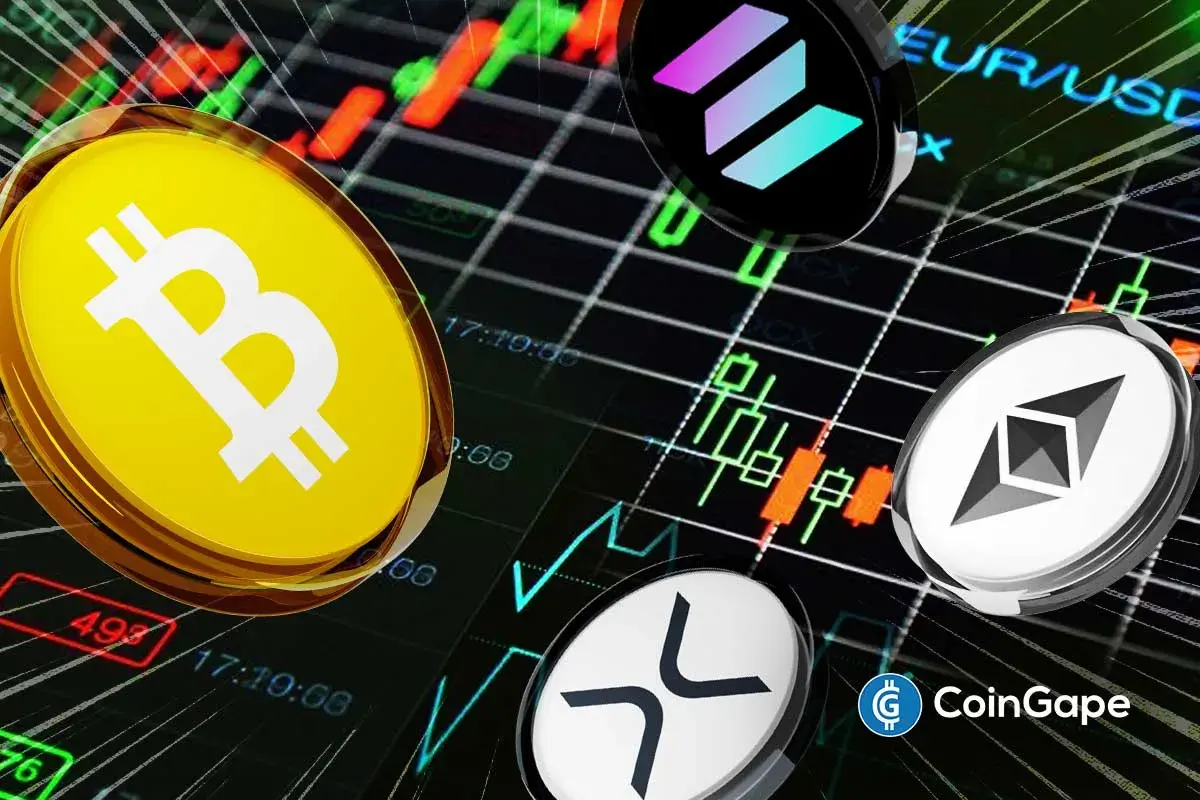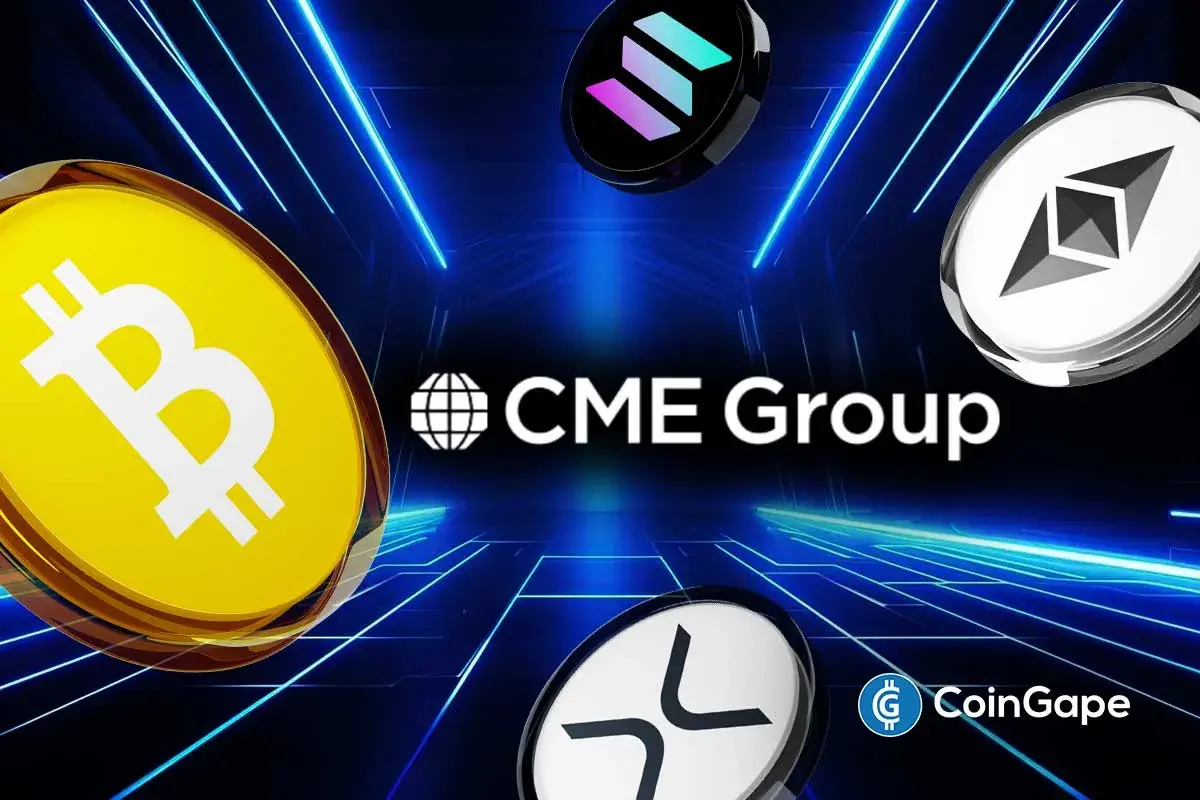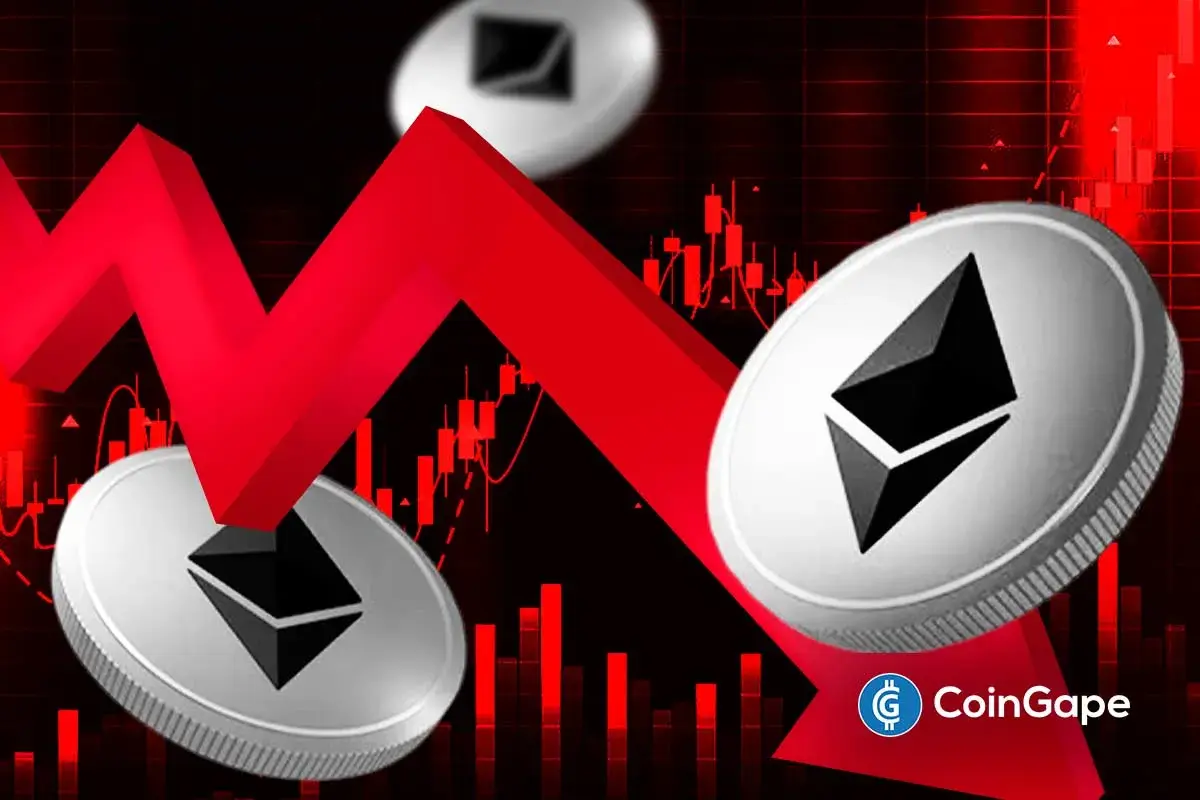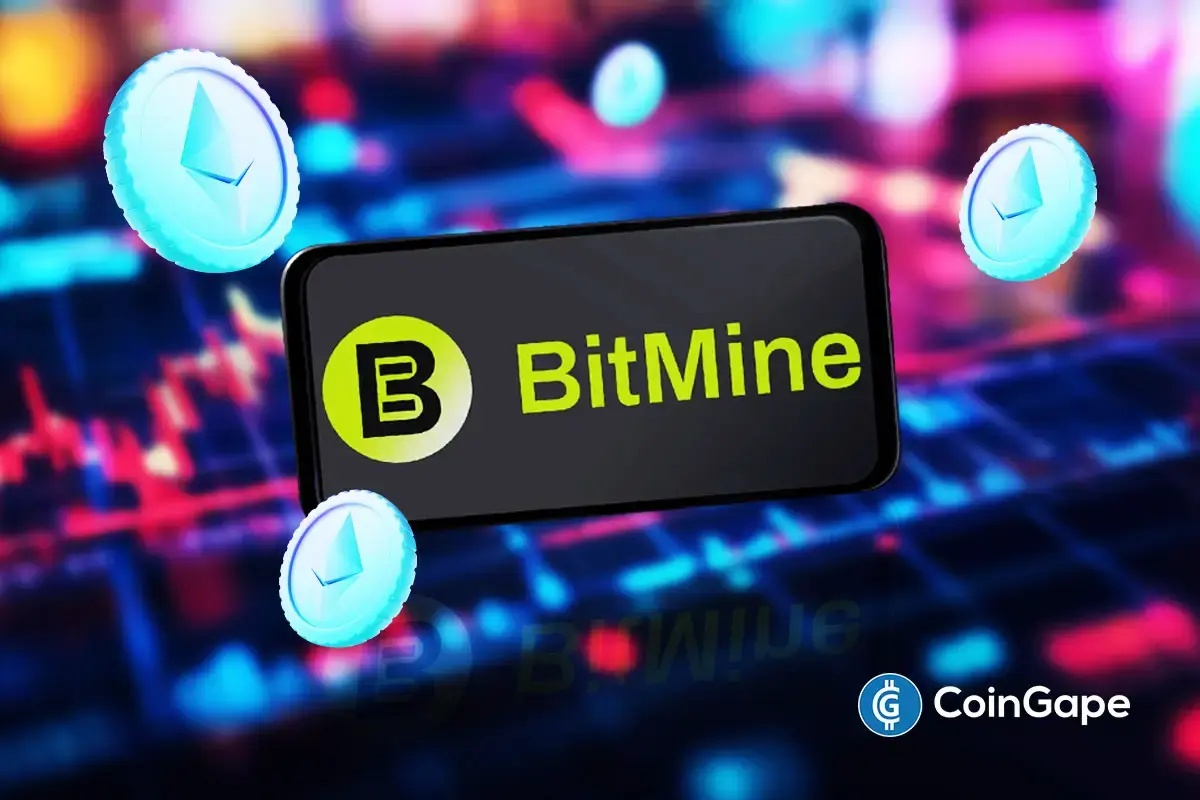Ethereum’s Goerli Testnet to Cease Support and Undergo Final Upgrade

In an announcement on Thursday, November 30, the Ethereum development team announced that the blockchain’s multi-client testnet Goerli shall lose support from the client and Ethereum Foundation testing teams.
Ethereum Dencun Upgrade
The Dencun upgrade will be the final one and the last implementation leading to an eventual exit of validators by teams three months after Goerli Dencun activation or one month after Dencun mainnet activation.
The Ethereum Foundation has advised users relying on Goerli for stable testnet environments to migrate beforehand. Despite the permissionless nature of Goerli staking, the departure of validators from client and testing teams, who constitute a significant stake majority, poses potential stability challenges. Concurrently, teams plan to leverage this transition to test delayed finality, inactivity leaks, and mass-slashings.
While Goerli is likely to be the first testnet to activate the Dencun upgrade, the Ethereum team will announce the specific date very soon.
Goerli, embodying the collaborative ethos of the Ethereum community, was initiated and maintained by a diverse group of individuals solving technical challenges and inadvertently building a thriving community.
What Shall Developers and Stakers Do?
The Ethereum Foundation encourages developers to turn to Sepolia for testing decentralized applications, smart contracts, and other Ethereum Virtual Machine (EVM) functionalities. Sepolia’s permissioned validator set ensures a stable testing environment. Alternatively, various local development environments facilitate testing against Ethereum mainnet state copies.
Stakers and infrastructure providers with a focus on protocol-level testing can further explore the recently launched Holesky testnet, where anyone can run a validator. For validator setup testing, the Ephemery testnet offers a weekly reset feature, enabling lightweight end-to-end testing of the validator lifecycle.
The Ethereum blockchain network has come a long way through several upgrades over the years. The forthcoming series of ETH upgrades will primarily focus on enhancing scalability.
Danksharding stands out as the imminent significant Ethereum upgrade, leveraging distributed data sampling to augment the scalability of the Ethereum network. This advancement is crucial for boosting scalability and concurrently fostering decentralization by effectively managing extensive datasets generated by layer2 rollups.
The initial phase, known as Proto-danksharding or EIP-4844, will precede the complete implementation of danksharding. Additionally, Proto-danksharding introduces temporary data blobs, ensuring their seamless transmission. The comprehensive integration of danksharding is anticipated to be finalized by early 2024.
At press time, the ETH price is trading 3% up closer to $2,100 as the SEC considers reviewing Fidelity’s spot Ethereum ETF.
- XRP Realized Losses Spike to Highest Level Since 2022, Will Price Rally Again?
- Crypto Market Rises as U.S. and Iran Reach Key Agreement On Nuclear Talks
- Trump Tariffs: U.S. Raises Global Tariff Rate To 15% Following Supreme Court Ruling
- Bitwise CIO Names BTC, ETH, SOL, and LINK as ‘Mount Rushmore’ of Crypto Amid Market Weakness
- Prediction Market News: Kalshi Faces New Lawsuit Amid State Regulatory Crackdown
- Dogecoin Price Prediction Feb 2026: Will DOGE Break $0.20 This month?
- XRP Price Prediction As SBI Introduces Tokenized Bonds With Crypto Rewards
- Ethereum Price Rises After SCOTUS Ruling: Here’s Why a Drop to $1,500 is Possible
- Will Pi Network Price See a Surge After the Mainnet Launch Anniversary?
- Bitcoin and XRP Price Prediction As White House Sets March 1st Deadline to Advance Clarity Act
- Top 3 Price Predictions Feb 2026 for Solana, Bitcoin, Pi Network as Odds of Trump Attacking Iran Rise







